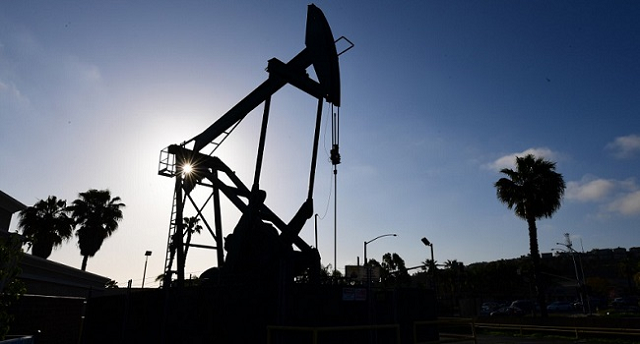Nigeria produced the most oil in December 2022 than she has since April 2022, according to the most recent Platts study by S&P Global Commodity Insights. Oil theft has affected the nation’s oil output, hindered exports, caused substantial oil leaks, and cost the nation millions of naira.
The study, which was made public on Wednesday, however, revealed that Nigeria’s volumes recovered to their highest level since April 2022, producing 1.33 million b/d in December, greatly boosting OPEC’s overall oil output at that time.
The 13 members of OPEC produced 28.98 million b/d in December, up 110,000 b/d from November, driven by Nigeria. Meanwhile, 10 non-OPEC partners, including Russia, produced 13.73 million b/d, a 140,000 b/d, rise of 30,000 b/d.
When combined, the alliance produced 42.71 million b/d in December alone.
The survey further highlighted that Nigeria saw major recoveries in its loadings of major grades Forcados and Brass River, while maintenance at the Bonga Field was completed in mid-November.
The disparity between the alliance’s output and its production goals was 1.80 million b/d in December, according to the study, which also noted that most members had trouble maintaining output due to technical or financial issues.
As of late, Forcados had a crude oil production rate of 6,579,692, a condensate rate of 593,980, and a combined total of 7,173,672 barrels for December 2022 as opposed to a combined total of 6,856,88 recorded for November 2022, according to data from the Nigerian Upstream Petroleum Regulatory Commission.
Instead of the combined total of 431,672 that was reported for December 2022, Brass had a crude oil production rate of 581,198, a condensate rate of 45,010, and a blended total of 626,208.
During a forum on January 11, 2023, however, the Group Chief Executive Officer of the Nigerian National Petroleum Company Limited, Mele Kyari, said that the country could achieve a 2.2 million barrels per day crude oil production output in 2023.
He said, “For us, we see a trajectory of restoring production including condensates within the year. We believe we can hit a target of 2.2 mb/d but our budget target is 1.8 mb/d, but we know that it is practical to do 2.2 mb/d within 2023.”













